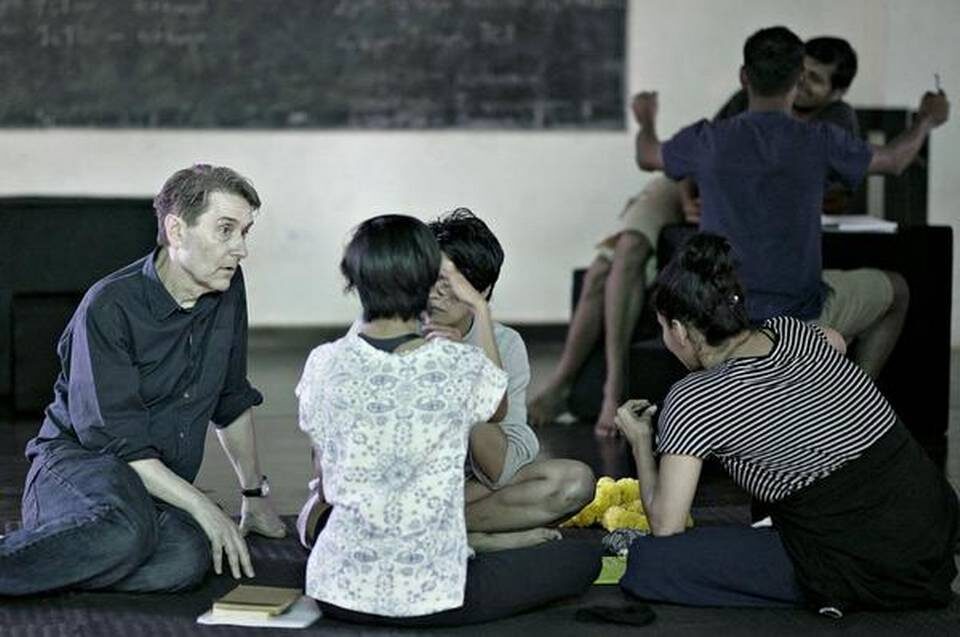Community, Leadership, Experimentation, Diversity, & Education
Pittsburgh Arts, Regional Theatre, New Work, Producing, Copyright, Labor Unions,
New Products, Coping Skills, J-O-Bs...
Theatre industry news, University & School of Drama Announcements, plus occasional course support for
Carnegie Mellon School of Drama Faculty, Staff, Students, and Alumni.
CMU School of Drama
Thursday, March 05, 2020
Demystifying The Magic Of Theatre
The Theatre Times: In the play, Colors of Trans 2.0, when the transgender performer Living Smile Vidya bares her surgically reconfigured body in a moment of aching vulnerability, it induces gasps from onlookers accustomed only to cis experiences. In Jhalkari, when the Rani of Jhansi (Dipika Pandey) comes across her doppelgänger, she instantly drops her regal guard and recognizes in a stranger an irresistible kinship. It’s a compelling moment in which barriers of caste and class become immaterial. This, despite the actors looking nothing like each other.
Subscribe to:
Post Comments (Atom)

2 comments:
This is a fascinating concept. It’s honestly rare to see one of those truly magic moments on stage, especially in today’s popular world of commercialized and jukebox-driven theatre. The closest examples I can think of that I have witnessed were in The Ferryman on Broadway, where it felt like you could reach out and touch the tension in the room, between the actors and the story, and the empathetic tension in the audience for the characters. I applaud Weigler for, first, identifying the ephemeral concept of the “magic moments” in theatre- most of the time, you aren’t supposed to pick them out and examine them like a snow globe, they just exist as the brightest jewel in the string of the story. And those moments are so hard, if not impossible, to intentionally set out to create- they evolve and morph from the story and the rehearsal room.
This is a really interesting article that really asks us to take a step back and look at the art form we are all working with. Countless times it has been said how "Theatre isn't theatre without an audience", yet we can often overlook our audiences in pursuit of our own art. What Will Weigler has done with his work not only breathes new life into directors' work, but also opens up our art to many more people who we have been alienating. It is no secret that theatre is a privileged and often exclusive art form for a variety of reasons. However, it is also one of the most organic art forms in that it doesn't need anything more than people and an idea. As Kristi likes to say, "Theatre is one of the only art forms that will survive an apocalypse". The problem arises when we don't consider our place in society and the production, thus alienating others and making the work inaccessible. I would be very interested to see one of Will's productions, and hopefully understand a little more about what we could be doing to reach a broader audience
Post a Comment